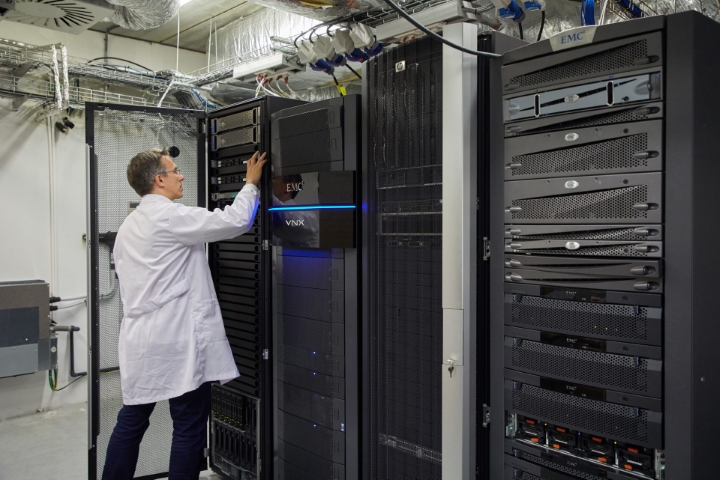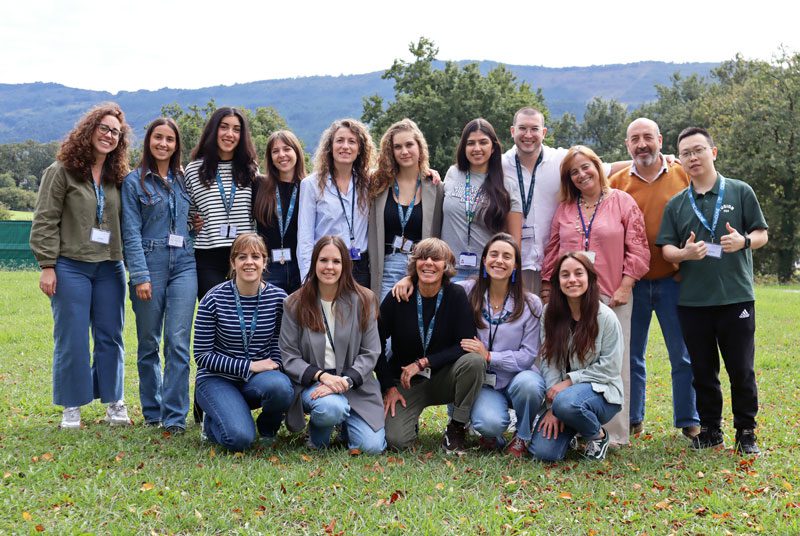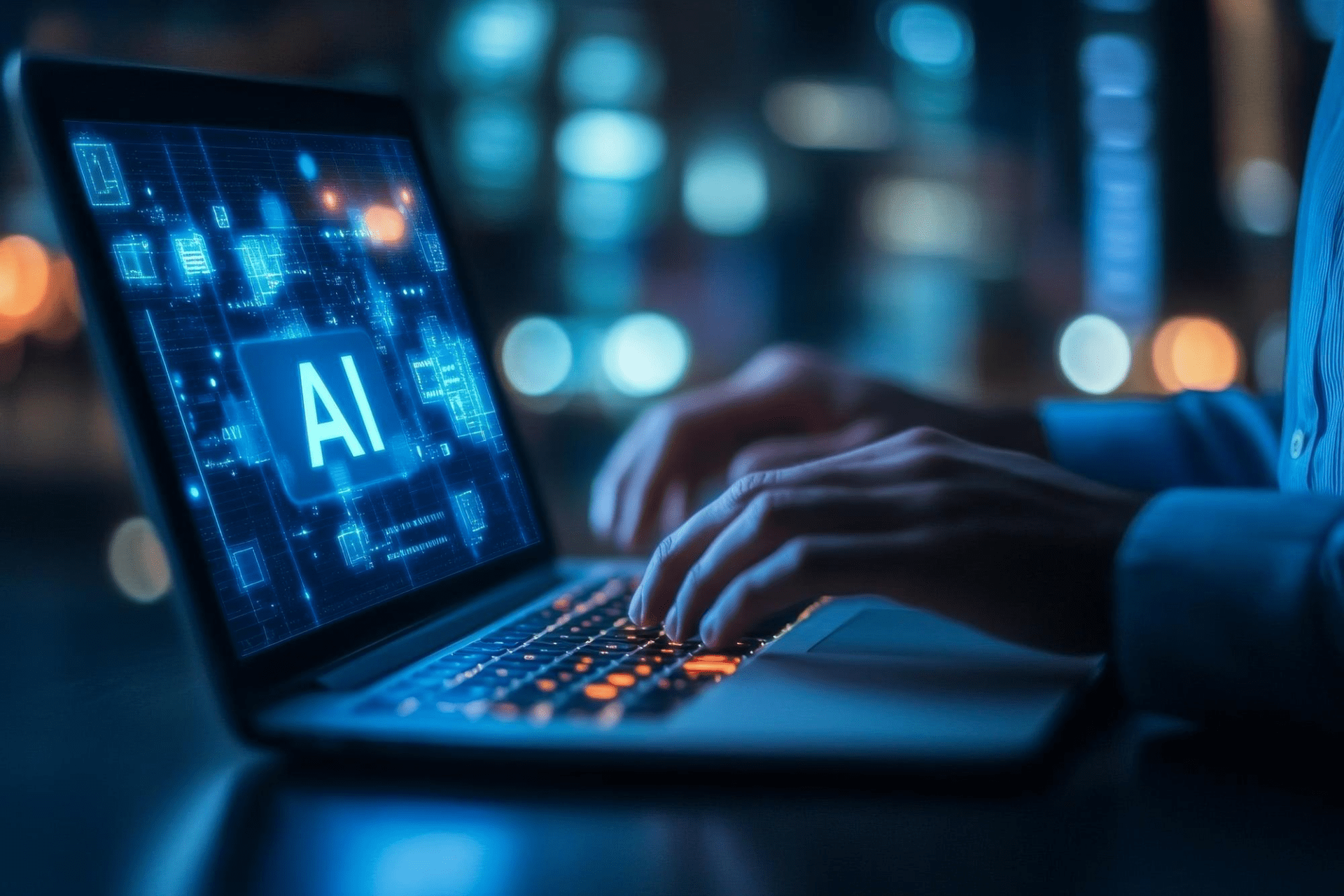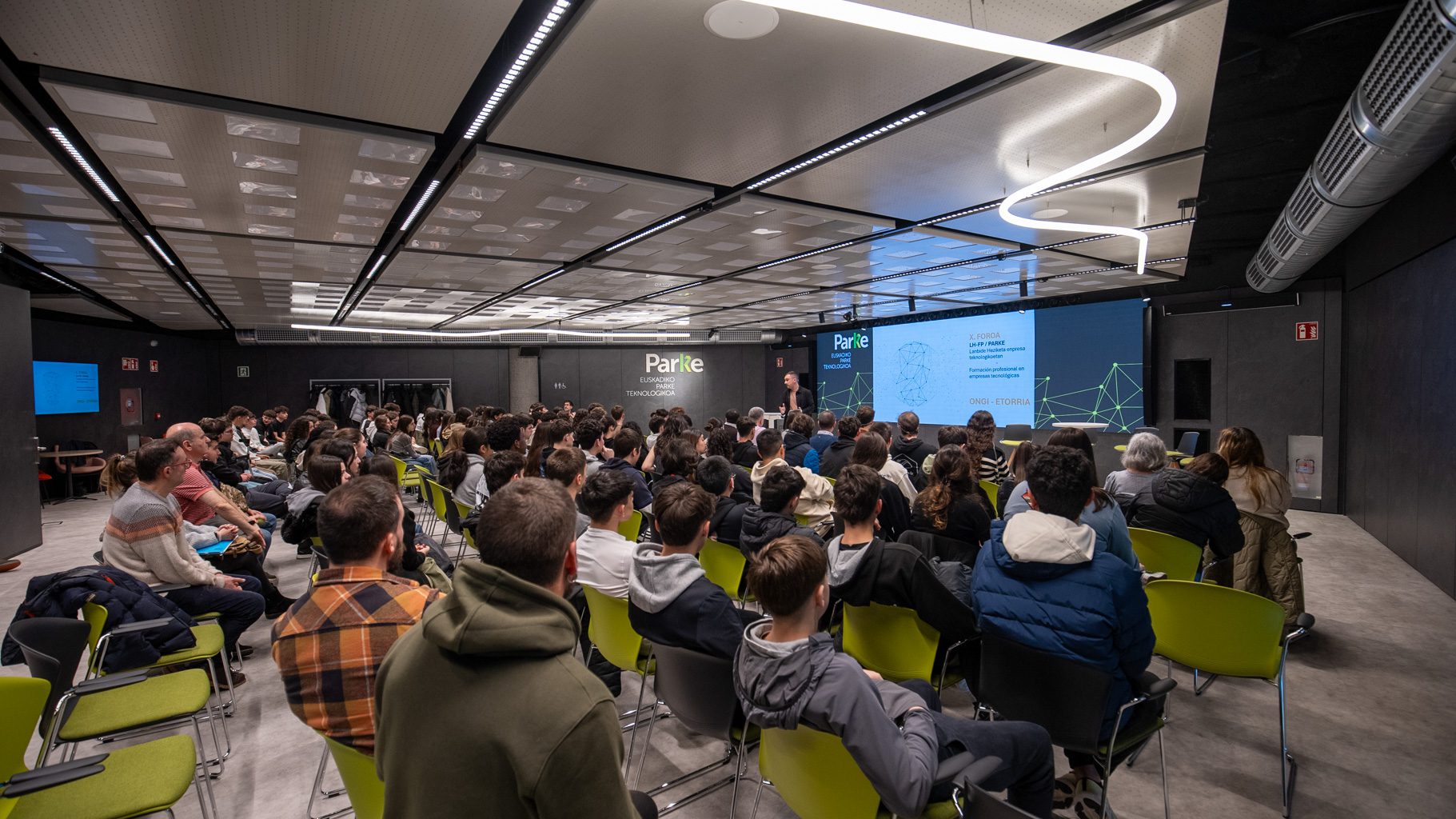TECNALIA launches its large cybersecurity assessment laboratory in anticipation of Europe’s requirements for the electricity sector

The research and technological development centre has a set of 5 pioneering laboratories in Europe, with more than 1. 000 m2 distributed in Araba, Bizkaia and Gipuzkoa: the Electrical Network Cybersecurity Laboratory, Cyber-Ranges Laboratory, Automotive Cybersecurity Laboratory, Blockchain Laboratory, belonging to the Basque Cybersecurity Node of the Basque Digital Innovation Hub (BDIH) and to the INCIBE National Network of Industrial Laboratories, in addition to the Electrical Equipment Cybersecurity Evaluation Laboratory, with more than 15 years of experience in the sector.
TECNALIA expects to achieve accreditation for IEC 62443-4-2 according to ISO 17025 in the coming months and for IEC 62443-4-1 according to ISO 17065 by the end of the year, which will allow it to be fully accredited by ENAC for the certification of industrial control system components.
Faced with the increase in cyber-attacks on critical infrastructures, Europe has developed new legislation focused on guaranteeing more secure and resilient products, which will come into force in 2024 and will be mandatory for manufacturers of products with digital elements used in different industrial sectors such as the electrical sector.
 The TECNALIA research and technological development centre has set up its pioneering laboratories in Europe, so that the electricity sector can anticipate the European Commission’s requirements in cybersecurity testing of components and equipment. It also plans to achieve accreditation for IEC 62443-4-2 according to ISO 17025 over the coming months and for IEC 62443-4-1 according to ISO 17065 by the end of the year, which will enable it to have full ENAC accreditation for the certification of industrial control system components and their secure development process.
The TECNALIA research and technological development centre has set up its pioneering laboratories in Europe, so that the electricity sector can anticipate the European Commission’s requirements in cybersecurity testing of components and equipment. It also plans to achieve accreditation for IEC 62443-4-2 according to ISO 17025 over the coming months and for IEC 62443-4-1 according to ISO 17065 by the end of the year, which will enable it to have full ENAC accreditation for the certification of industrial control system components and their secure development process.
Digital transformation is changing the processes of energy production, distribution and consumption, but increased connectivity and deployment of digital technologies also increases the need to protect critical assets from threats. In fact, the number of cyber-attacks on energy infrastructures has grown substantially in the last year due to the geopolitical situation and is a trend that has been consolidating in recent years.
For this reason, and in view of the increase in cyber-attacks on critical infrastructures, a uniform European legal framework is established to ensure the essential cybersecurity requirements for the commercialisation of products with digital elements in the European Union market. The European regulation, known as the Cyber Resilience Act (CRA), will enter into force in 2024 and will be mandatory for manufacturers of digital, industrial and electrical equipment. In this context, cybersecurity component and equipment conformity assessment laboratories become an essential tool for market access in the electricity sector.
Thus, TECNALIA’s facilities, pioneers in Europe, will provide companies with access to markets with high cybersecurity requirements. It currently has a set of 5 laboratories, with more than 1,000 m2 distributed in Araba, Bizkaia and Gipuzkoa, which stand out for their facilities for Industrial Cybersecurity and whose implementation began more than 15 years ago and culminates with the double accreditation that is expected to be achieved this year.
This large group of laboratories includes the following: Power Grid Cybersecurity Laboratory, Cyber-Ranges Laboratory, Automotive Cybersecurity Laboratory, Blockchain Laboratory, belonging to the Basque Cybersecurity Node of the Basque Digital Innovation Hub (BDIH) and to INCIBE’s National Network of Industrial Laboratories, and the Electrical Equipment Cybersecurity Assessment Laboratory.
According to Marta Castro, Director of Digital Lab Services at TECNALIA, “these laboratories allow companies to support their digital transformation strategies and facilitate the adoption of 5.0 technologies in a secure and resilient way in the face of cyber-attacks. In the case of the energy sector, from the point of view of cybersecurity and resilience, they cover all phases of the product development lifecycle, including the phases of regulatory compliance assessment and product certification, and ensure the independence of all agents involved in the process. In addition, technological trends such as the virtualisation of functionalities in electricity grid nodes or the use of shared data spaces between different agents make it even more necessary to reinforce cybersecurity in the equipment and systems that make up the electricity system”.
The five laboratories
The Power Grid Cybersecurity Lab provides a controllable and secure environment in which new cybersecurity capabilities introduced by the industry can be installed and tested. It also simulates cybersecurity incidents and allows testing of advanced intrusion detection and protection solutions.
In the specific case of the Cyber-Ranges Laboratory, it is a pioneering facility in Europe for the education and training of people, as well as for research, development and validation of new cybersecurity technologies in a virtual environment.
The Automotive Cybersecurity Laboratory focuses on the analysis and reduction of potential attack points in vehicle communications, affecting both privacy and security.
The Blockchain Laboratory allows companies to test technological solutions, ranging from systems for the management of industrial data sovereignty to traceability platforms for the energy, manufacturing and automotive sectors.
And the facilities are completed with the Electrical Equipment Cybersecurity Evaluation Laboratory, this fifth laboratory is especially focused on the electricity sector, having agreements with different electricity companies that allow it to offer its evaluation services as a laboratory authorised by these companies to evaluate the cybersecurity of equipment prior to its installation in the field. In addition, it has the differential feature of addressing the complete certification, covering all the tests necessary for the approval of electrical equipment, from CE marking tests, protocols, functionalities, interoperability and cybersecurity.
“Another aspect that adds uniqueness to these laboratories is the commitment to their expansion and evolution to meet new needs by generating synergies with facilities and infrastructures dedicated to the industrial sectors of energy, connected industry and mobility,” explains Marta Castro.




